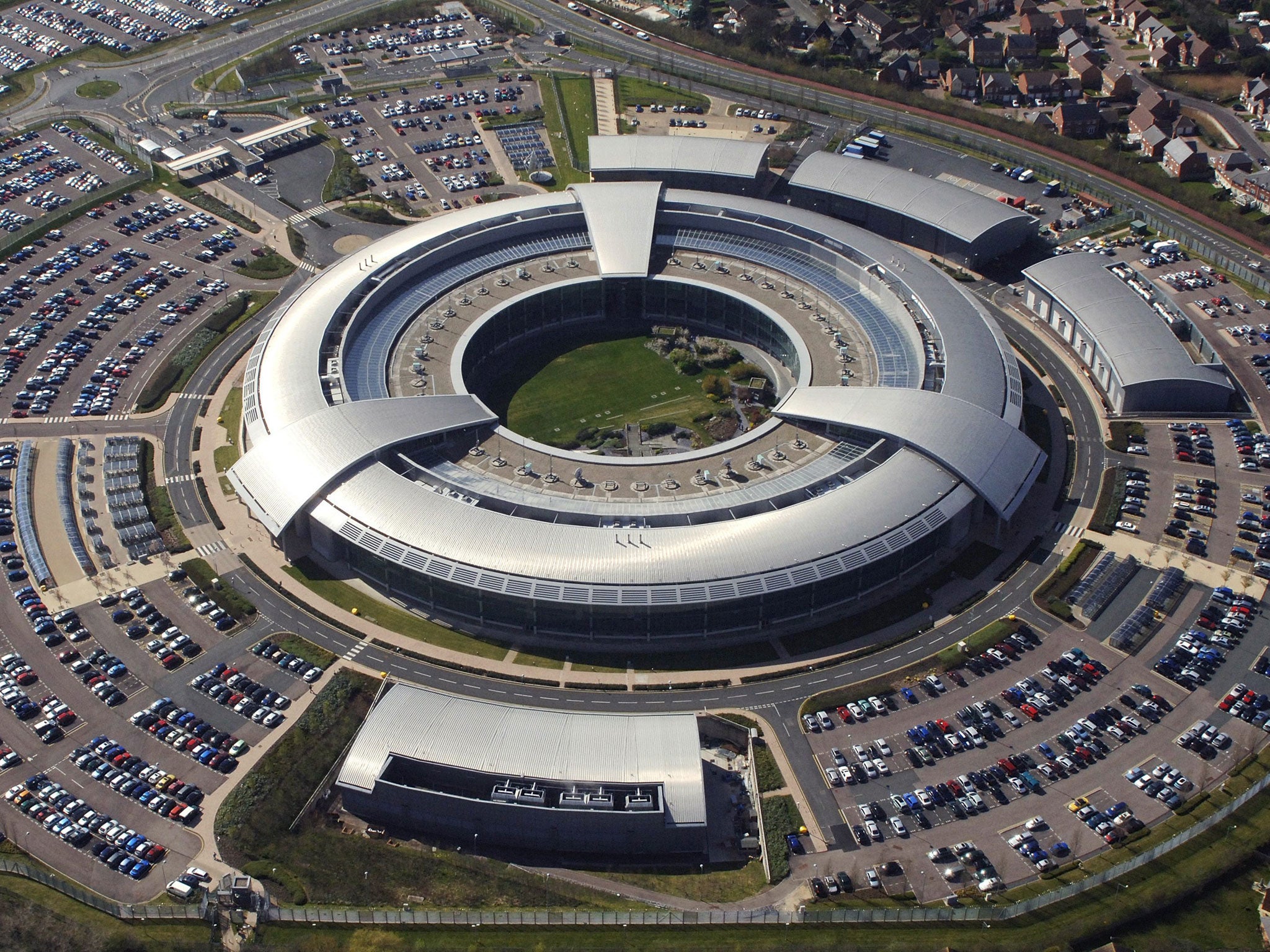GCHQ spying programme: Spy watchdog ‘is understaffed and totally ineffective’
Watchdog’s office consists of only 10 staff to monitor 10,000 working in spy agencies

The little-known watchdog responsible for ensuring that Britain’s spy agencies act within the law over communication interceptions has been condemned as “ineffective” by civil liberties campaigners – amid concerns that it failed to scrutinise the systems revealed by Edward Snowden.
The Independent has established that the watchdog’s annual report had to be delayed and revised because the first draft made no mention of the hi-tech GCHQ spying programmes exposed by the US whistleblower.
The updated 2012 report of the Interception of Communications Commissioner Office (ICCO) will now be published later this month, after hastily organised revisions were ordered by Whitehall officials.
In documents disclosed by Mr Snowden, it was revealed that Britain’s spy centre in Cheltenham has for at least two years been using advanced technology to access hundreds of trans-Atlantic fibre-optic cables which daily carry hundreds of millions of private telecommunications messages. The programme goes by the codename Operation Tempora.
Gathered legally because digital traffic “leaves” the UK as fibre-optic traffic, the interceptions include phone calls, emails and records of internet usage. This step-change in access technology has exposed the inadequate oversight regimes under which the spy agencies operate, privacy activists say.
According to senior Home Office sources, the ICCO’s revised 2012 report will now make passing references to GCHQ’s latest interception technology. But the report will nevertheless gloss over its own oversight inadequacies and offer a clean bill of health to the UK’s surveillance regime by praising, as it has in past years, the co-operation and diligence shown by intelligence and police agencies in complying with the law.
Around 10,000 staff across the UK’s three main spy agencies, MI5, MI6 and GCHQ in Cheltenham, have access to Tempora’s gathered data, as do 850,000 employees and private contractors of the NSA in the United States.
By comparison, the small ICCO office based in Whitehall’s Queen Anne’s Gate headed by the retired appeal court judge Sir Anthony May, currently has less than 10 full-time staff to carry out its statutory duty of reviewing the interception activity of the UK spy agencies, the Metropolitan Police, HM Revenue and Customs, the Foreign Office, the Home Office and Ministry of Defence.
In previous ICCO reports, two annual one-day inspections at GCHQ – where only a tiny sample of interception warrants are inspected – provide the basis for the conclusion that the intelligence agency conducts itself with high levels of integrity and legal compliance. Similar biannual inspection visits also take place at MI5 and MI6. How samples are selected, and whether or not Sir Anthony is presented with interception case notes chosen in advance by agencies like GCHQ, is not disclosed.
According to material leaked by Mr Snowden – a former US intelligence analyst currently still stranded inside Moscow airport – legal briefings offered by UK lawyers to their US counterparts assured them that GCHQ operated under a “light-touch oversight regime.”
David Davis, a former Foreign Office minister and former shadow Home Secretary, told The Independent: “For ‘light touch’ read ‘ineffective’. This is an ineffective oversight arrangement. For the small number of ICCO staff expected to supervise the block hand-over of material [now in the hands of the US intelligence authorities] this is an impossible task and they cannot have any grip on this at all.”
Mr Davis said the changing nature of specialist digital technology and the potential block-transfer of data out of the UK into the hands of US spy agencies should have been factored into the 2000 Regulation of Investigatory Powers Act (Ripa) which led to the establishment of the ICCO.
He added “This is a serious issue that no one over 40 years of age really gets. It is about our lives.” He called on the European Union to intervene, saying, “They will be more effective in changing these practices than the UK acting alone.”
Nick Pickles, director of the privacy and civil liberties campaign group Big Brother Watch, said: “Parliament could not have envisaged the kind of sweeping data collection that is now trivial to undertake. This has left our entire regulation system no longer fit for purpose and out-of-date because it is impossible for a small handful of people to have any meaningful insight into more than 10,000 staff across three major agencies, not to mention the police and other organisations.”
Mr Pickles urged Parliament urgently to reform interception oversight.
The ICCO was contacted by The Independent and asked to explain the changes to the 2012 report, its own staffing levels and the how the sampling regime worked during annual inspection. No reply was received.
Join our commenting forum
Join thought-provoking conversations, follow other Independent readers and see their replies
Comments
Bookmark popover
Removed from bookmarks